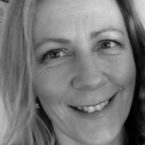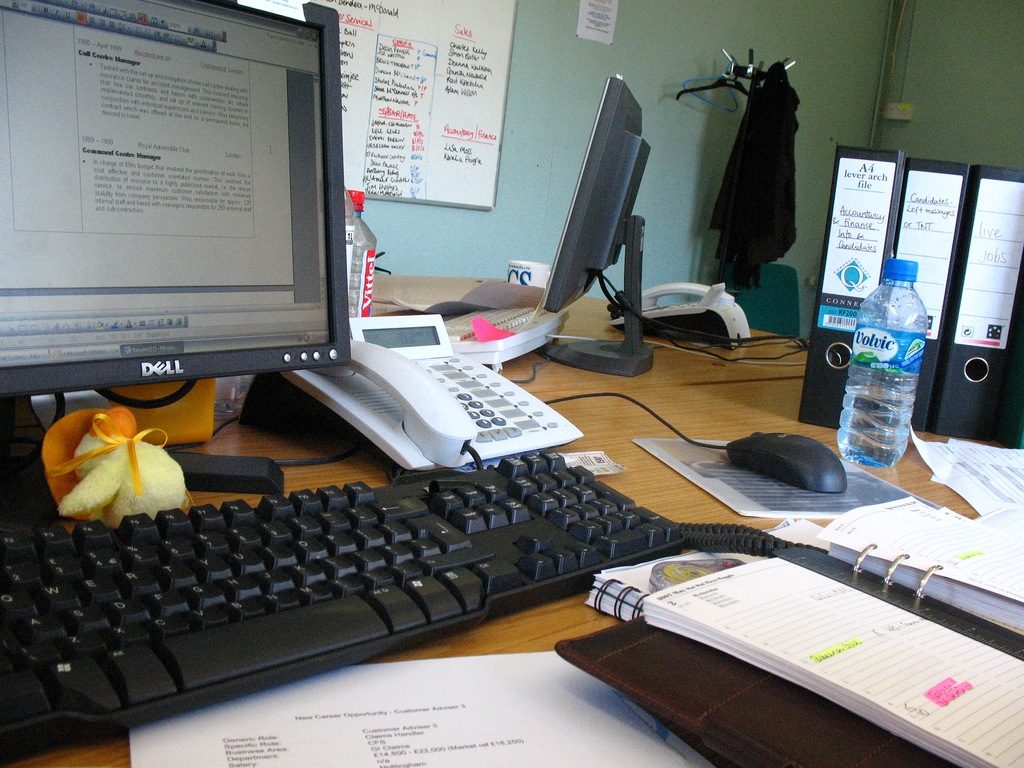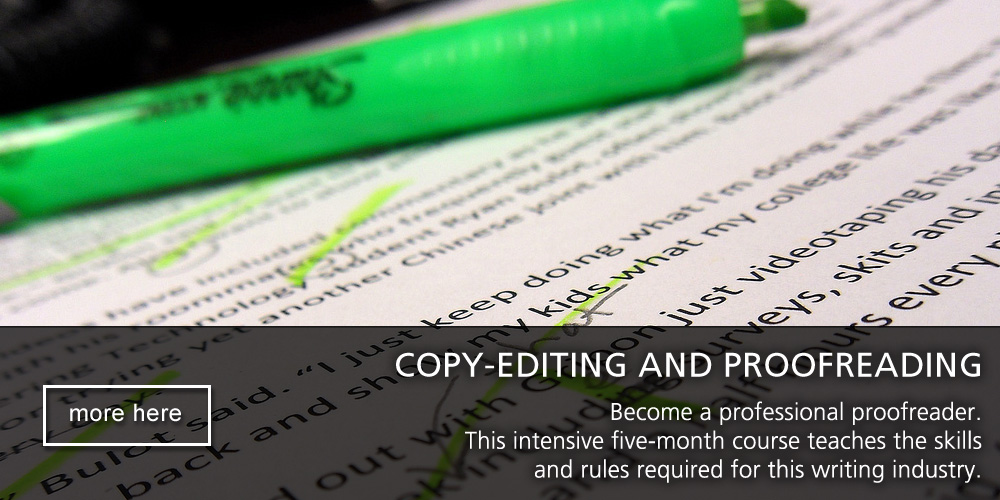BY GINA PAYNE
Changing careers is scary. While fear can hold back writers of any age, embarking on freelance writing at midlife might be harder still. Perhaps it should come with a warning: “risk of implosion ahead”.
Midlife is commonly a time of re-evaluation, and career changes at this life-stage are often driven by a desire for greater meaning from life.
So imagine this. You’re considering freelance writing as an alternative career. Then doubts swarm. Why? Because the move will take you outside of your comfort zone. Completely. Outside.
This fear is entirely normal, says Finding Meaning, Facing Fears author, psychologist Jerrold Lee Shapiro.
He writes “The essence of the autumn years is that personal times are a-changin’ and that each change in routine or the life path evokes anxiety.”
Why is switching to freelance writing in the midlife so terrifying? Let’s face it…
Freelance writing isn’t scary when viewed in list form…
- identify your market
- find interesting angles
- pitch brilliantly
- research accurately
- write and behave professionally
- network, self-market
So where might midlife fears trip up the aspiring freelancer?
Freelance writing – quash ingrained traits
At midlife, your opinions and traits are already strongly formed. Some traits can stop you starting, like…
- Perfectionism causing fear of failure
- Low/no confidence
…while others can stop you midway:
- Inability to accept criticism or feedback
- Lack of flexibility/adaptability
- Sensitivity to rejection
Embarking on a writing career requires an openness to learning, and an acceptance of feedback and rejection.
Freelance writing – overcome credibility concerns
By midlife, you probably have credibility in your existing career.
The unfamiliar feeling of not having credibility, and having to start all over again as a writer, can be destabilising to the mid-lifer. Thoughts like this are common:
- What if I’m not taken seriously?
- Do I look like a wannabe?
- Do I have the energy?
Facing the requirement to consciously build another, very different social network just to get started is unsettling, and a big commitment.
But it’s vital. In this interview American freelancer Jenna Glatzer answers the question, “How important is it for writers to market themselves?” with “Very important, especially in the beginning.”
You need to put aside your credibility concerns and actively pursue new contacts. In the early stages, without published pieces to show an editor that you can in fact write, it’s going to be your persistence and personality that get you your early writing opportunities.
Freelance writing– disregard typecasting
With talent a key prerequisite to a freelance career, freelance writers must transform great ideas into an interesting read.
The problem doesn’t lie in the fundamentals, such as pitch brilliantly to a well-chosen target-market, get ideas from your life and write well, and stay true to your voice.
The problems lies in typecasting, which engenders self-doubt, and typically looks like this:
- What has a [insert current career here] got to say about anything?
- Who really cares what I think?
- Am I too old to have original story ideas?
- Is what I am now all that I am?
You’re as often typecast by others, as by yourself. At midlife, with twenty-five-plus years of predictable behaviour behind you, perplexed family, friends and ex-colleagues may question your choices. And your sanity.
But remember…
It’s your life. (Midlife, actually).
If your desire for a different path is authentic, put aside your doubts and simply start.
Tell yourself that if you can’t write, you’re sure some editor will let you know soon enough. And at least you tried.
Keep in mind: changing your life might just…change your life. And isn’t that what you want?
Get your new career started with some “breaking-in” tips in this interview with freelance writer Linda Formichelli.
About the Author

© Gina Payne
















